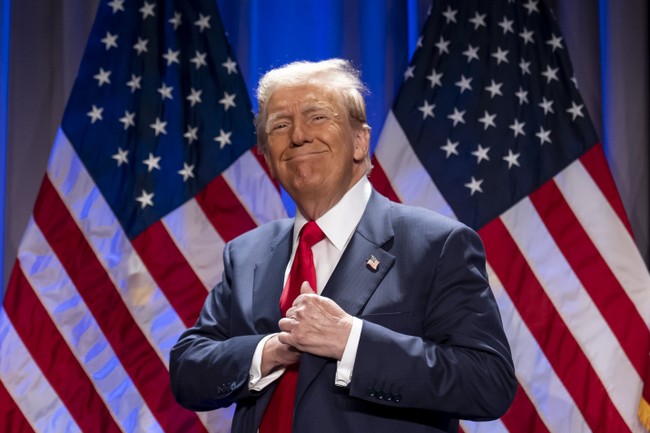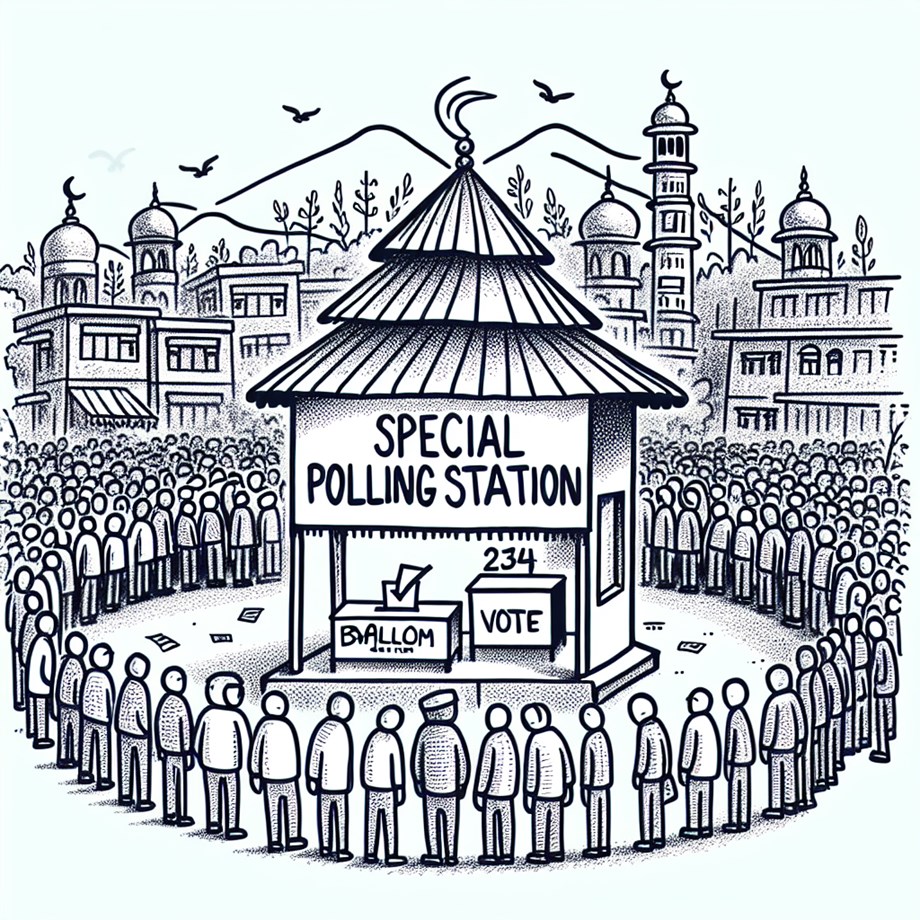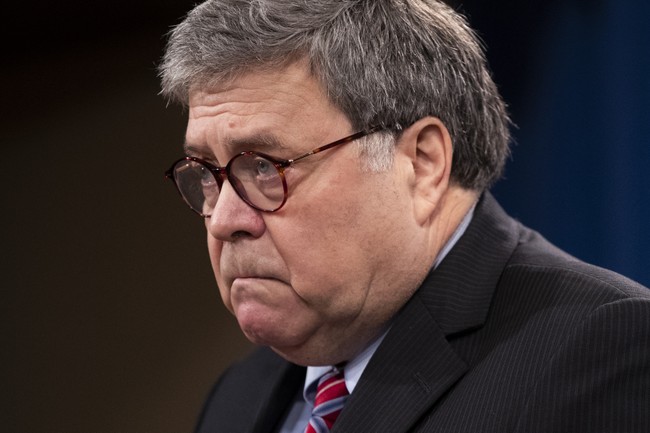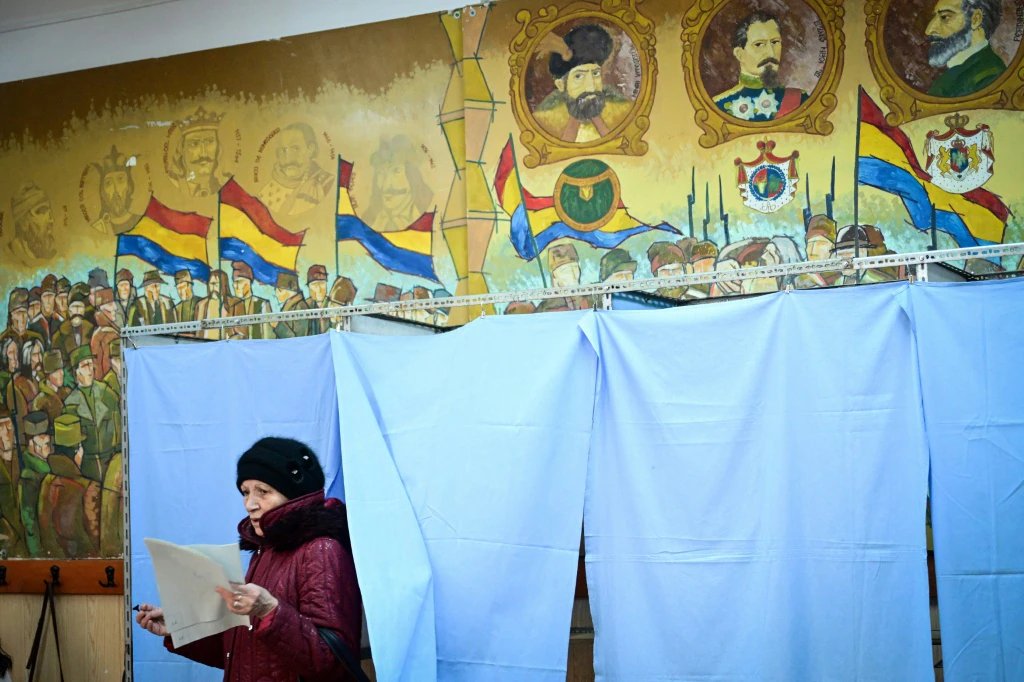Azerbaijan Hosts Climate Talks Amid Controversy
As COP29 unfolds in Baku, experts and leaders challenge the effectiveness of current climate policies, pushing for urgent reforms while geopolitical tensions add complexity to discussions.
Published November 17, 2024 - 00:11am

Image recovered from arabnews.com
COP29, the United Nations Climate Change Conference currently being held in Baku, Azerbaijan, has become a focal point for global discussions on climate policies and their implementation. The summit is drawing attention from around the world as key issues are debated, including climate finance, transparency in emissions reporting, and the future of carbon markets. It has also sparked criticism from various climate leaders who believe that the current COP processes are no longer sufficient for addressing the escalating climate crisis.
This year's conference is occurring under a backdrop of contentious geopolitical dynamics, including the atmosphere created by Azerbaijan's own approach to fossil fuels. President Ilham Aliyev has publicly praised the nation's natural gas resources, presenting them as a 'gift from God', while defending Azerbaijan's plans to increase fossil fuel production. His remarks have further complicated discussions, especially amidst controversies surrounding Azerbaijan's hosting of the event, given its substantial investments in fossil fuels.
One of the primary concerns raised by experts, including former UN Secretary-General Ban Ki-moon and former UN climate chief Christiana Figueres, is the overwhelming presence of fossil fuel lobbyists at COP29. Reports indicate that representatives from the petrochemical sector outnumber those from scientific and environmental advocacy groups. This has resulted in calls for the overhaul of COP processes, emphasizing the necessity for urgent reforms that exclude those nations not committed to phasing out fossil fuels and improving accountability and representation measures within the conference framework.
In an open letter, these leaders underscored that the current rate of progress is insufficient. They highlighted the need for the restructuring of COP to speed up the implementation and enforcement of commitments made under the Paris Agreement. This sentiment was echoed by numerous advocates expressing frustration about the slow decision-making processes, which they argue do not reflect the urgency of the climate emergency.
While leaders at the summit are negotiating issues like international climate finance—a critical factor in enabling developing nations to meet their climate goals—there are clear divides. Many developed nations are cautious about commitments due to budget constraints, while developing nations continue to advocate for increased support. There is a growing emphasis on encouraging private investments in green projects to fill the funding gaps as well.
The discussions around transparency have been equally important. Year-end deadlines approach for countries to report their greenhouse gas emissions data to build trust and accountability in addressing climate change. However, technical challenges remain, particularly for many developing countries that may struggle to meet these requirements. This poses a risk to the credibility of the UN climate framework, which depends heavily on accurate reporting to track progress and identify areas needing improvement.
Another major issue at COP29 is the future of carbon markets, governed by Article 6 of the Paris Agreement, which allows for international trade of emission reductions. Despite its potential to unlock significant funding for climate initiatives, the risk of 'greenwashing' remains if not properly regulated, sparking debate on the necessity of rigid oversight mechanisms.
Amidst these policy discussions, the geopolitical climate continues to be a point of tension, with leaders occasionally diverging from climate conversations to address geopolitical disputes. President Aliyev has openly criticized Western nations over colonial histories, affecting diplomacy at the summit. Furthermore, the recent political developments such as Donald Trump's reelection have added uncertainty, with potential implications for future climate policies in the United States.
As the summit progresses, the outcomes of COP29 are seen as pivotal, not only for immediate policy changes but also for setting the tone for future conferences. Much hope is placed on Baku to pave the way for a more committed and cohesive global climate strategy, addressing inherent systemic challenges within the COP frameworks to accelerate the work needed to combat climate change globally.







